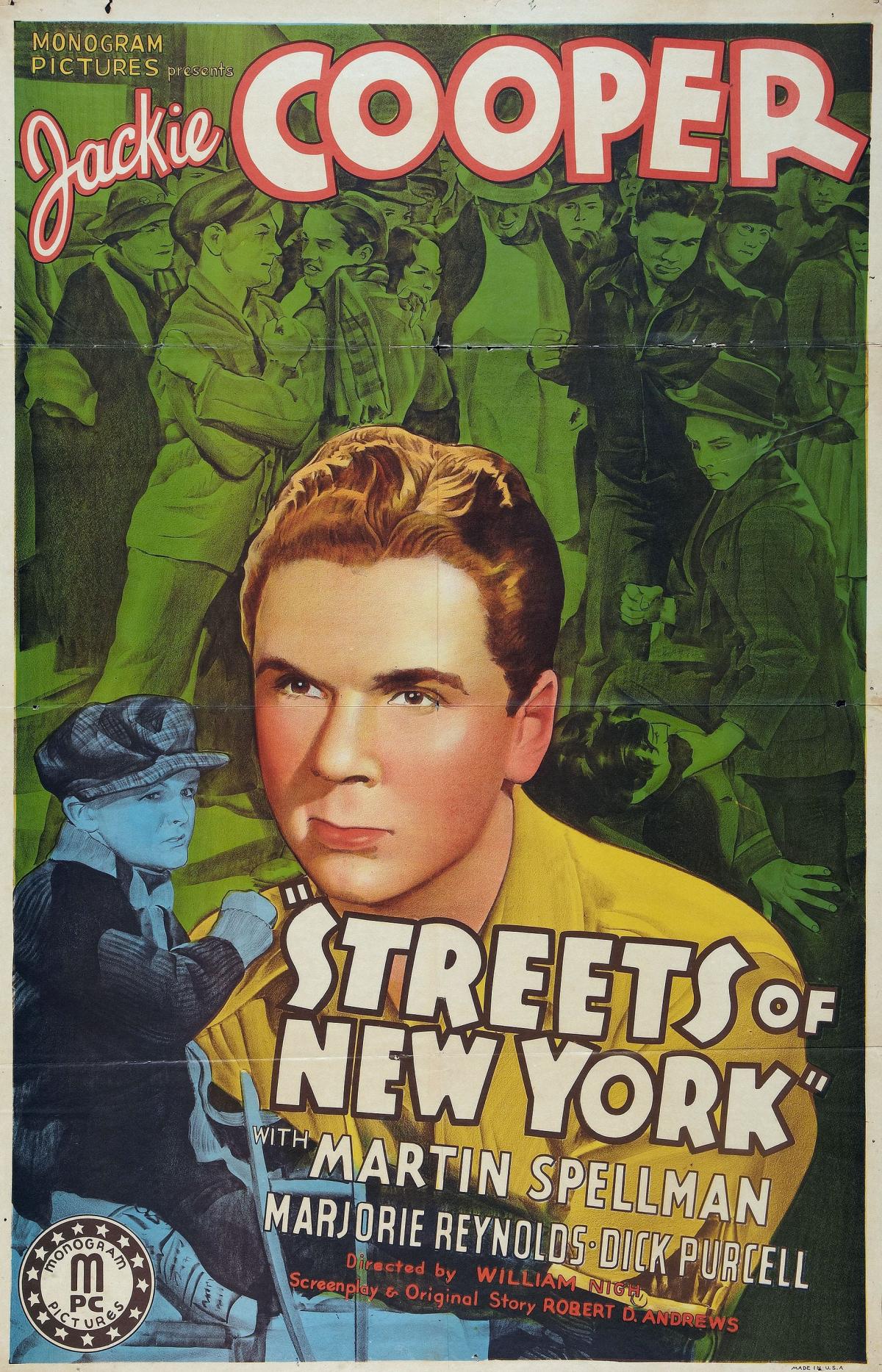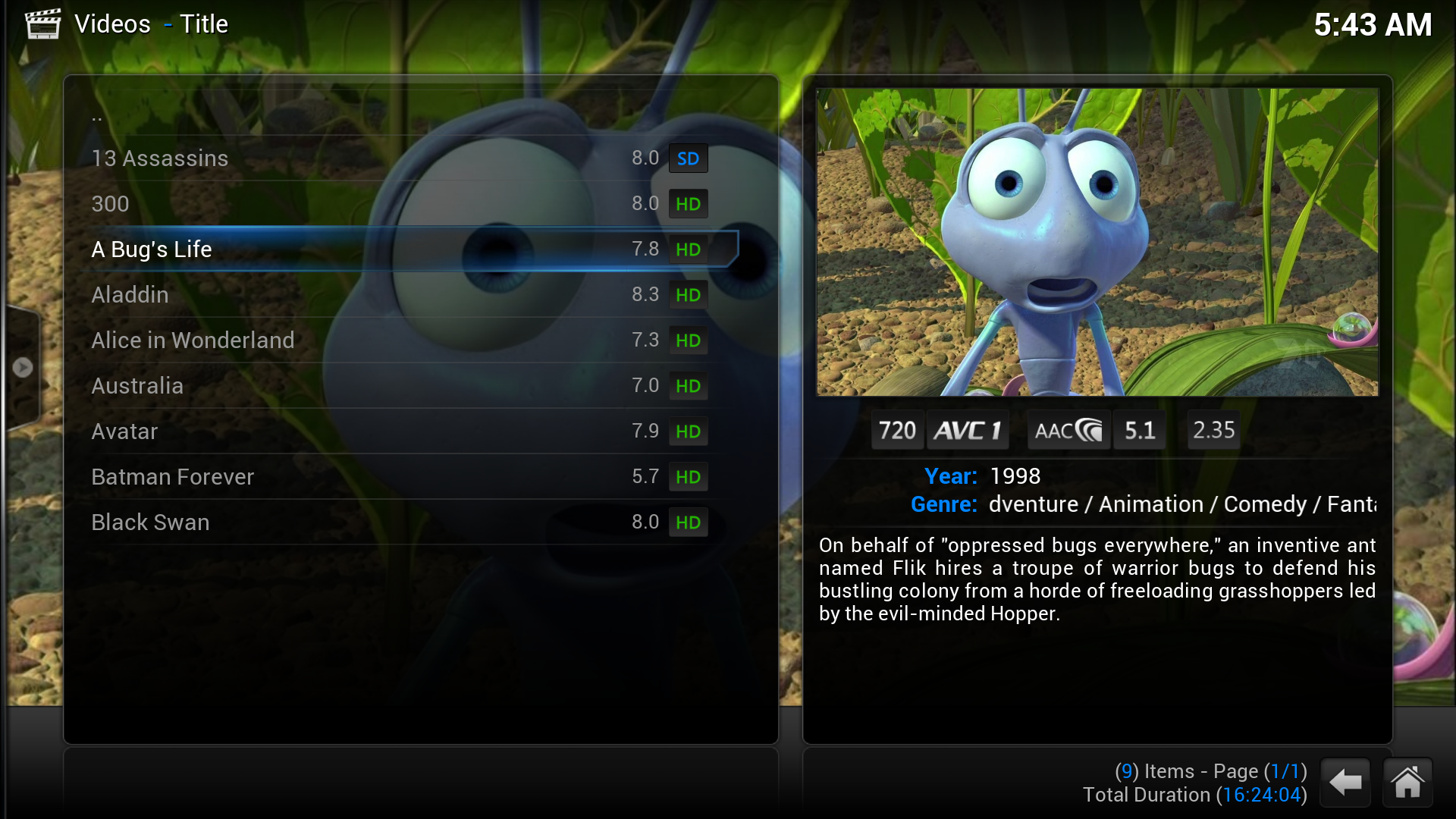Movie Library Definition: Your Ultimate Guide To Understanding The World Of Film Collections
Let’s face it, folks – when it comes to movie libraries, there’s more to it than just a pile of DVDs or streaming subscriptions. But what exactly is a movie library? In this article, we’re diving deep into the concept, unraveling its meaning, and exploring how it impacts your entertainment experience. So, grab your popcorn, sit back, and let’s get started.
Nowadays, with the rise of streaming platforms and the decline of physical media, the term “movie library” has taken on a whole new dimension. It’s not just about owning movies anymore; it’s about access, convenience, and variety. Whether you’re a cinephile or just someone who loves a good flick, understanding the concept of a movie library can open up a world of possibilities.
But why should you care about movie libraries? Well, imagine having instant access to thousands of films from the comfort of your couch. Sounds pretty cool, right? Whether you’re into classic black-and-white films, blockbuster hits, or indie gems, a well-curated movie library can cater to every taste. Stick around, and we’ll break it down for you step by step.
- Michael Cimino Actor The Man Behind The Lens And Beyond The Spotlight
- Kenny Smith Allstar The Journey Achievements And Legacy
What is a Movie Library? Breaking It Down
A movie library, at its core, refers to a collection of films that are either owned or licensed by an individual, company, or organization. Think of it as a personal or corporate treasure chest filled with cinematic gold. But here’s the kicker – the definition of a movie library has evolved over the years, thanks to technology and changing consumer habits.
In the old days, a movie library might have been a physical collection of VHS tapes or DVDs. Fast forward to today, and we’re talking about digital streaming services, cloud storage, and even AI-powered recommendations. The concept of a movie library has expanded to include not only the films themselves but also the technology that delivers them to your screen.
Types of Movie Libraries
Not all movie libraries are created equal. Here’s a quick rundown of the different types you might encounter:
- Jackerman Video The Ultimate Guide To Mastering The Viral Sensation
- Goggins Actor The Rise Of A Fitness Icon In Hollywood
- Personal Movie Libraries: These are the ones you build yourself, whether through physical purchases or digital downloads. It’s like your own little movie archive.
- Streaming Platforms: Think Netflix, Amazon Prime, or Disney+. These platforms offer vast movie libraries that you can access with a subscription. It’s like having an all-you-can-watch buffet.
- Studio Libraries: Major studios like Warner Bros. or Universal have their own movie libraries, which include all the films they’ve produced over the years. These libraries are often licensed to streaming services or sold to distributors.
- Public Libraries: Yes, your local library might have a movie section where you can borrow DVDs or even stream films online. It’s a great way to enjoy movies without breaking the bank.
Why Movie Libraries Matter
So, why should you care about movie libraries? Well, for starters, they’re a goldmine of entertainment. Whether you’re in the mood for a classic noir film or the latest superhero blockbuster, a well-curated movie library can satisfy your cravings. But there’s more to it than just entertainment.
For one, movie libraries play a crucial role in preserving cinematic history. Without them, many classic films might be lost to time. Additionally, they provide filmmakers with a platform to showcase their work and reach a wider audience. And let’s not forget the economic impact – movie libraries generate billions of dollars in revenue each year through rentals, sales, and streaming subscriptions.
How Movie Libraries Impact the Film Industry
The film industry relies heavily on movie libraries for revenue generation and content distribution. Studios often sell or license their films to streaming platforms, which then bundle them into their movie libraries. This creates a win-win situation for both parties – studios get paid, and streaming services get content.
But it’s not just about money. Movie libraries also influence what gets made. Streaming platforms like Netflix often analyze viewer data to determine which types of films are popular, and then greenlight projects accordingly. It’s like a feedback loop that shapes the future of cinema.
The Evolution of Movie Libraries
Movie libraries have come a long way since the days of VHS tapes and Blockbuster stores. Advances in technology have transformed how we consume and store films. Here’s a brief history of the evolution of movie libraries:
In the early days, movie libraries were limited to physical media like VHS tapes and DVDs. You had to physically go to a store, rent a movie, and return it on time (or face late fees). Then came the digital age, with the advent of online streaming services like Netflix and Hulu. Suddenly, you could watch your favorite films on demand, without ever leaving your house.
Today, movie libraries are more accessible than ever. With cloud storage and AI-powered recommendations, it’s easier than ever to find and watch the films you love. And with the rise of 4K and HDR technology, the quality of the viewing experience has improved exponentially.
The Role of Technology in Shaping Movie Libraries
Technology has been a game-changer for movie libraries. From high-definition streaming to virtual reality experiences, the possibilities are endless. Here are some of the key technological advancements that have shaped the modern movie library:
- Cloud Storage: No more worrying about physical space – your entire movie collection can be stored in the cloud.
- AI Recommendations: Algorithms analyze your viewing habits to suggest films you’re likely to enjoy.
- 4K and HDR: High-definition technology ensures that every film looks as good as possible on your screen.
Building Your Own Movie Library
Whether you’re a die-hard cinephile or just someone who enjoys a good movie night, building your own movie library can be a rewarding experience. Here’s how you can get started:
First, decide what type of library you want to build. Do you want to focus on classic films, blockbusters, or indie movies? Once you’ve determined your focus, start collecting. You can buy physical copies, download digital versions, or subscribe to streaming services that offer the films you love.
Don’t forget to organize your library. Whether you’re using a physical shelf or a digital platform, keeping your films organized will make it easier to find what you’re looking for. And if you’re feeling ambitious, consider creating a personal streaming platform for your friends and family to enjoy.
Tips for Curating Your Movie Library
Curating a movie library is both an art and a science. Here are some tips to help you build a collection that reflects your tastes:
- Start with the Classics: Every movie library should have a few timeless films, like “Casablanca” or “The Godfather.”
- Mix It Up: Don’t be afraid to experiment with different genres and styles. You might discover a new favorite film.
- Stay Updated: Keep an eye on new releases and add them to your library as they become available.
Movie Libraries and Copyright Law
Before we dive any deeper, let’s talk about the elephant in the room – copyright law. When it comes to movie libraries, legality is a big deal. Just because you own a copy of a film doesn’t mean you can share it with the world. Here’s what you need to know:
Copyright law protects the rights of filmmakers and studios to control how their films are distributed and used. This means that if you want to share a film with others, you need to make sure you have the proper permissions. Streaming platforms like Netflix and Amazon Prime handle this for you by licensing content from studios, but if you’re building your own library, it’s up to you to ensure everything is legit.
How to Stay Legal with Your Movie Library
Staying on the right side of the law is easier than you might think. Here are some tips to help you build a legal movie library:
- Purchase or License Content: Make sure you buy or license any films you want to include in your library.
- Respect Terms of Service: If you’re using a streaming platform, read the fine print to ensure you’re not violating their terms of service.
- Consult a Lawyer: If you’re unsure about the legality of your movie library, it’s always a good idea to consult with a legal expert.
Future Trends in Movie Libraries
So, what’s next for movie libraries? With technology advancing at breakneck speed, the future looks bright. Here are some trends to watch out for:
Virtual Reality: Imagine being able to step inside your favorite film and experience it from a first-person perspective. Virtual reality technology is already making this possible, and it’s only going to get better.
AI-Powered Content Creation: Artificial intelligence is already being used to create film scripts and even entire movies. In the future, AI could play a bigger role in shaping the content of movie libraries.
Global Access: As streaming services expand into new markets, movie libraries will become more global. This means you’ll have access to films from all over the world, not just Hollywood blockbusters.
How to Prepare for the Future of Movie Libraries
Staying ahead of the curve is key to enjoying the future of movie libraries. Here’s how you can prepare:
- Invest in Technology: Make sure you have the latest devices and software to take full advantage of new technologies.
- Stay Informed: Keep up with the latest trends in the film industry to ensure your library stays relevant.
- Be Open to Change: The film industry is constantly evolving, so be prepared to adapt as new technologies and trends emerge.
Conclusion: Embrace the World of Movie Libraries
In conclusion, movie libraries are more than just a collection of films – they’re a gateway to endless entertainment and discovery. Whether you’re building your own personal library or enjoying the vast offerings of a streaming platform, understanding the concept of a movie library can enhance your viewing experience.
So, what are you waiting for? Dive into the world of movie libraries and start exploring. And don’t forget to share your favorite films with friends and family. After all, sharing is caring – and in the world of movie libraries, there’s plenty to go around.
Call to Action: Did you enjoy this article? Leave a comment below and let us know your favorite films or streaming platforms. And if you’re looking for more entertainment tips and tricks, be sure to check out our other articles. Happy watching!
Table of Contents
- What is a Movie Library? Breaking It Down
- Types of Movie Libraries
- Why Movie Libraries Matter
- How Movie Libraries Impact the Film Industry
- The Evolution of Movie Libraries
- The Role of Technology in Shaping Movie Libraries
- Building Your Own Movie Library
- Tips for Curating Your Movie Library
- Movie Libraries and Copyright Law
- How to Stay Legal with Your Movie Library
- Future Trends in Movie Libraries
- How to Prepare for the Future of Movie Libraries
- Jackerman Video The Ultimate Guide To Mastering The Viral Sensation
- Mr Bean Net Worth The Hidden Fortune Behind The Silly Face

Library Definition What is a library?

Movie Library Classic Free Movies

FileMovielibrary mediainfo.png Official Kodi Wiki